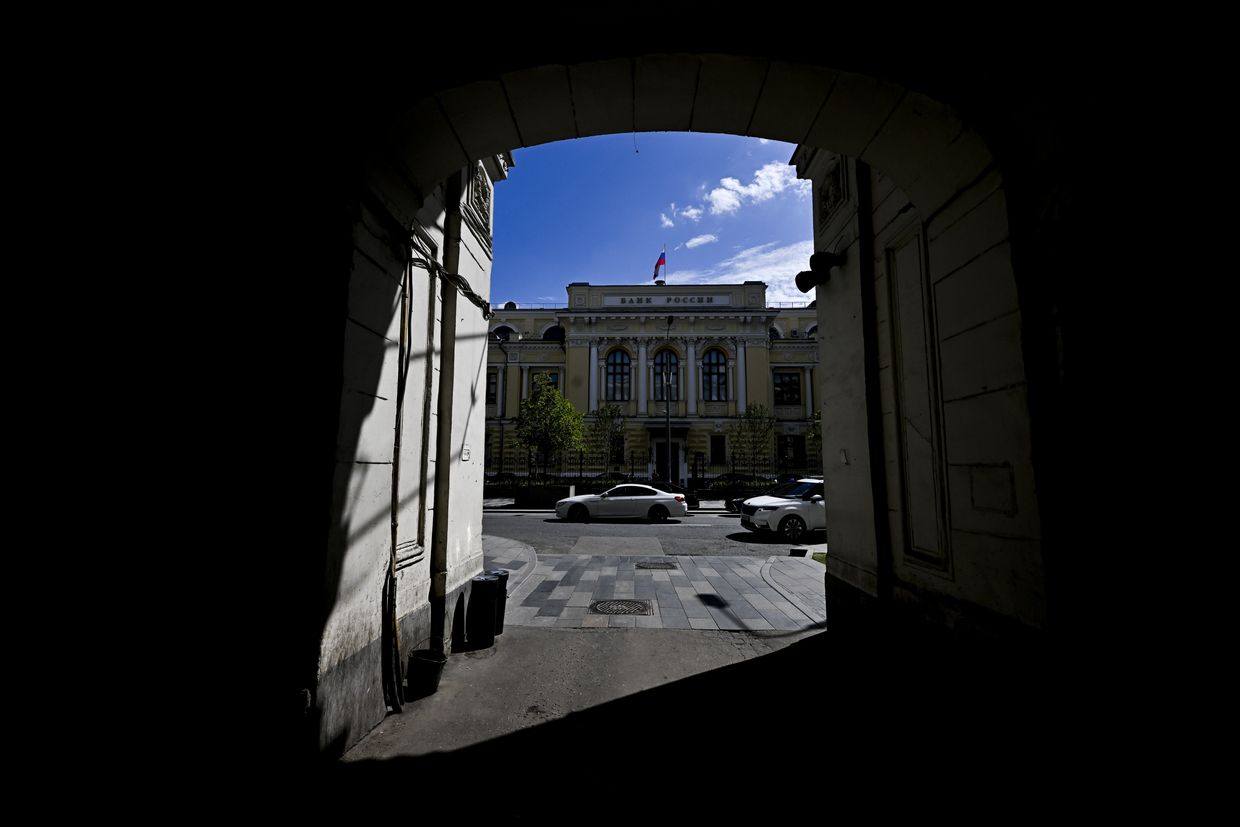Cameron: London ready to loan Ukraine all frozen Russian assets in UK.
U.K. Foreign Secretary David Cameron said on March 5 that London is prepared to loan Kyiv all the assets of the Russian central bank frozen in the U.K. on the basis that Moscow will be forced to pay reparations to Ukraine after the all-out war, the Guardian reported. Western countries and other partners immobilized around £300 billion of the Russian central bank's assets at the beginning of the full-scale invasion in 2022.
Debates over the legality of channeling these funds into Ukraine's reconstruction have prevented allies from transferring the money, but ongoing delays in U.S. military aid have prompted heightened urgency. According to Cameron, the assets will be used as a surety for the payment of the reparations. He said that there is an opportunity to use "something like a syndicated loan or a bond," knowing that Ukraine's allies will recover money once Moscow pays reparations.
"That may be a better way of doing it," the U.K. minister noted. London wants to maximize the unity of the Group of Seven (G7) and the European Union on this issue, Cameron said, but if this attempt fails, "we will have to move ahead with allies that want to take this action." The U.K. is estimated to have immobilized about 25 billion pounds (£32 billion) worth of Russian assets, but no official figure has been disclosed.
Bloomberg: Seizure of frozen Russian assets legal, experts say
A letter signed by international legal experts argues that the seizure of frozen Russian central bank assets to aid Ukraine would be lawful given Russia's "ongoing breach of the most fundamental rules of international law," Bloomberg reported on Feb.
21.

According to the World Bank, the estimated cost of Ukraine's post-war recovery and reconstruction has risen to £486 billion. Prime Minister Denys Shmyhal said on March 4 that the confiscation of frozen Russian assets to fund Ukraine's reconstruction is a key priority for the government in 2024 and an initiative supported by most of Ukraine's partners. The EU agreed in February to set aside billions of euros of profits from these assets, paving the way to allow the funds to be transferred to Ukraine.
The plan most directly impacts Euroclear, a Belgium-based financial services company that holds about 191 billion euros (£205 billion) in Russian assets.
Central securities depositories (CSDs) holding more than 1 million euros (£1.07 million) in assets from the Russian central bank must separate any profits generated from the primary accounts, according to the plan.